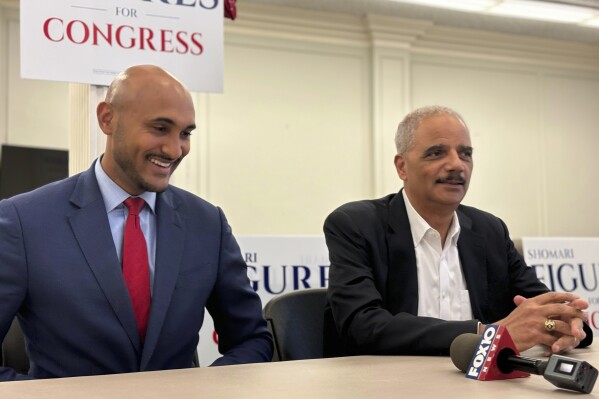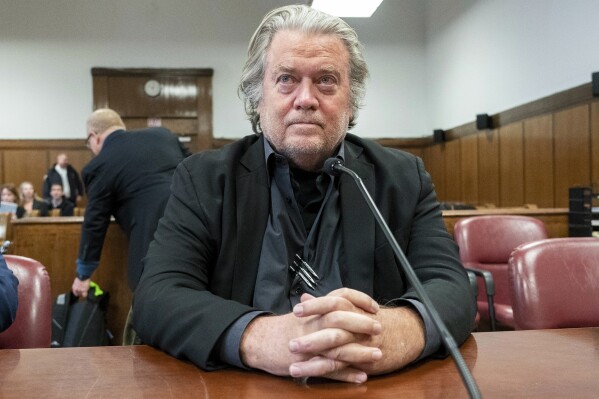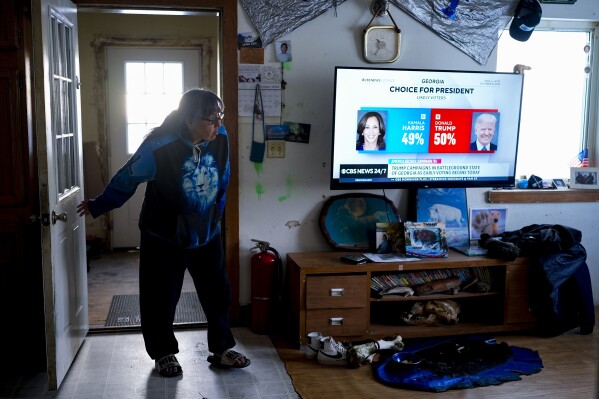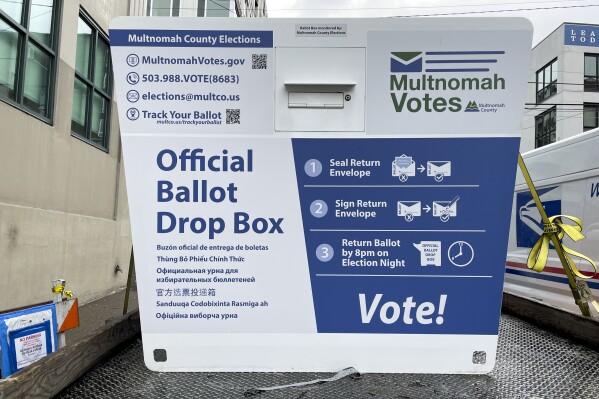Your support helps us to tell the story
Support NowThis election is still a dead heat, according to most polls. In a fight with such wafer-thin margins, we need reporters on the ground talking to the people Trump and Harris are courting. Your support allows us to keep sending journalists to the story.
The Independent is trusted by 27 million Americans from across the entire political spectrum every month. Unlike many other quality news outlets, we choose not to lock you out of our reporting and analysis with paywalls. But quality journalism must still be paid for.
Help us keep bring these critical stories to light. Your support makes all the difference.
Rachel Reeves has warned that tomorrow’s Budget will just be the beginning of painful measures to fix “14 years of Tory damage”.
The chancellor joined health secretary Wes Streeting for a hospital visit to highlight NHS funding ahead of her first major financial statement since becoming chancellor in July.
But with the prime minister also warning of “tough choices” ahead, Ms Reeves suggested that the expected tax rises this week will not be the end of difficult decisions to fix the country.
She has promised to produce economic growth but also pledged to her party that there will be “no new austerity”.
However, with warnings that expected tax rises on capital gains, inheritance and employers’ national insurance will harm economic growth, Ms Reeves was unwilling to say whether that or avoiding austerity is her top priority.
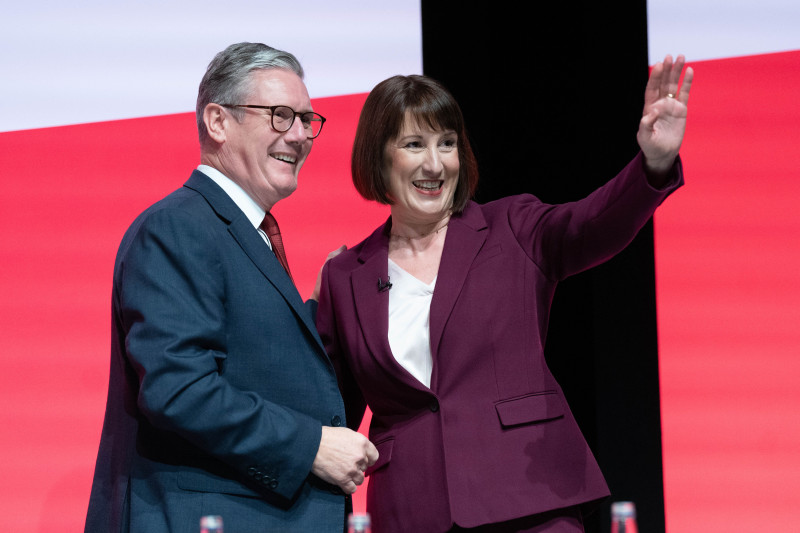
She told journalists: “First of all, we said in our manifesto, and I said in my conference speech, there have been no return to austerity under this government. And we said during the election campaign that there would be an immediate injection of cash into our public services, particularly our NHS, which is on its knees after 14 years of Conservative government.
“But we have got to bring in that reform that is needed for public services, and we have to grow our economy, because that is the only sustainable way to have the money that we need to build better public services.”
She went on: “I didn’t expect to go into a Budget with a £22bn black hole in the public finances and public services in quite the mess that we inherited from the Conservatives that does require difficult decisions on spending, on welfare and taxation.
“But my making those decisions and putting our public finances and our public services on a firmer footing would wipe the slate clean after 14 years of chaos and instability under the last government, and do the things that are necessary to get our public services, public finances on a firmer footing, at the same time doing everything they can to protect living standards, to begin to fix the problems in the NHS and to rebuild the foundations of our country.”
It is understood that she has to make up a £40bn black hole in Labour’s spending pledges exacerbated by massive pay rises in the public sector, particularly to doctors and train drivers who will get more than 20 per cent.
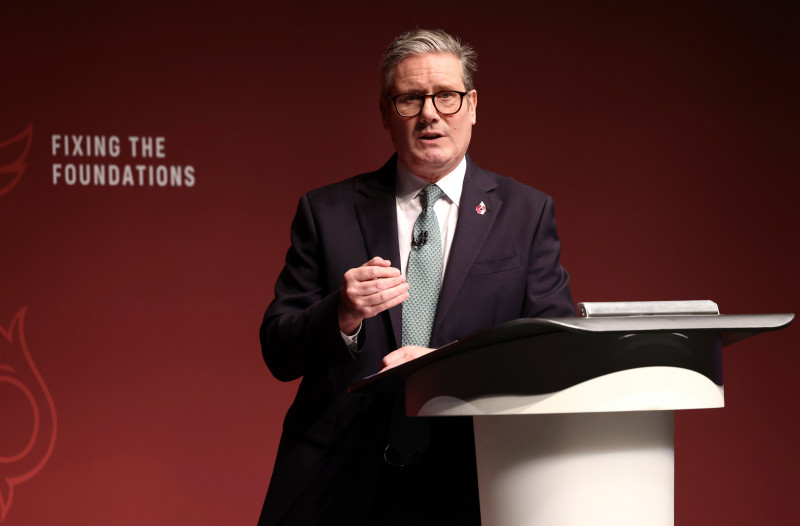
She will give the NHS an inflation-busting 4 per cent increase in funding with “fixing the NHS” one of Labour’s top two priorities over the next five years to get re-elected along with bringing down the cost of living.
But she has conceded that even this might not be enough to bring down waiting lists and meet the demand.
She said: “I think in one Budget, you cannot undo 14 years of damage, but in this Budget, we’re going to provide the resources necessary to deliver on our manifesto commitment to 40,000 additional appointments every single week to reduce that huge backlog, and as well as the increase in the capital Budget to take it to its highest level since 2010 to invest in the new scanners and the radiology for the equipment.”
Paul Johnson, the outgoing director of the Institute for Fiscal Studies (IFS), has warned that a £40bn increase in taxes will be one of the biggest ever.
He has also noted that the IFS warned that during the election Labour and the Tories were not being honest about the state of the country’s finances calling it “a conspiracy of silence”.
Ms Reeves is set to break a pledge of not increasing national insurance by hiking the amount for employer contributions. But her pledge to “not increase taxes on working people” will mean that employee national insurance rates will stay the same as will income tax and VAT.
She has though given herself more room by changing the fiscal rules on borrowing in a controversial move which had already been warned against by her old boss, former governor of the Bank of England Lord Mervyn King.
But Ms Reeves defended the move saying: “The investment and the stability rules that will guide us will underpin the fiscal and financial stability that our country needs. So the stability rule, so that day-to-day spending is financed through tax receipts, something that previous government didn’t even try to achieve, let alone achieve.
“That’s absolutely essential for fiscal stability and sustainability. And then our investment rule, which will see debt fall as a share of GDP, but measuring debt in a way that takes into account, into account the benefits of investment, not just the costs of investing.”
She added: “Of course, we will have guard rails around that investment, with the Office for Budget Responsibility (OBR) and the National Audit Office being involved in ensuring that every pound of taxpayers money spent on investing in our economy that gets a return for taxpayers.
“That’s really important, that those people who are buying government bonds, buying gilts, know that that money is being invested wisely in a way that delivers a return for taxpayers.”
Disclaimer: The copyright of this article belongs to the original author. Reposting this article is solely for the purpose of information dissemination and does not constitute any investment advice. If there is any infringement, please contact us immediately. We will make corrections or deletions as necessary. Thank you.
